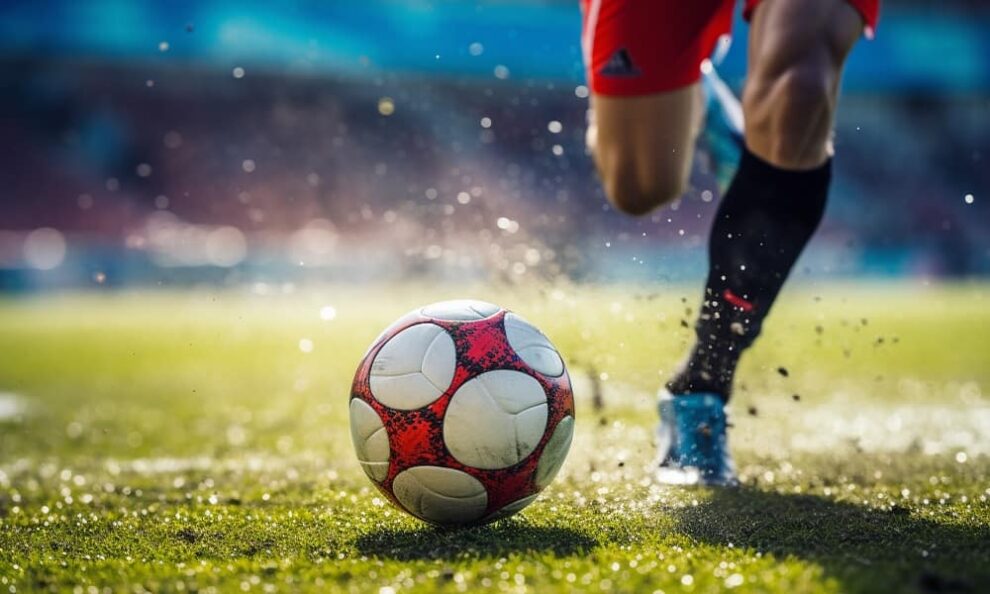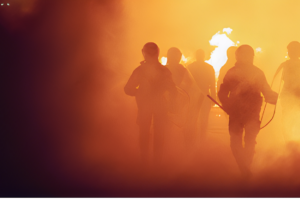Earlier this month, Man City beat Milan 1-0 to win the European Champions Cup, which, for many fans of the world’s most popular sport, represents the final game in the International soccer season. Except that, less than 2 weeks later, the US beat Canada 2-0 to win a Concacaf tournament, leaving a span of a few weeks until next month, when the women’s World Cup begins. Unlike other sports, soccer (or futbol or football as the rest of the world calls it) seemingly has no off season.
Growing up in the states, each sport had its season: American Football was autumn, basketball and hockey were winter, and baseball was spring and summer. While all had some seasonal overlap, there was a season and an off-season. But here and in various other parts of the world, soccer is the only game in town, and the season is 24/7/365. While big time soccer has continued to build a following in the US, the numbers of fans and followers are still meager when compared to American football, basketball, baseball and hockey.
Many of my fellow gringos see soccer as 90 senseless minutes of running and kicking and banging the ball off the head, and falling and diving and rolling around on the ground, played by scrawny guys named Pedro and Luigi and Rudi and Zito in front of drunken throngs of smoke bomb throwing hooligans.
The final score is usually 0-0, and the highlight of the day is the post-game rioting. Once I got past those misconceptions, I became a fan of the game. I admit–I was like many who did not grow up with the game, who doubted the athletic ability needed to play.
Then, still in my 30s, I was invited to play with some locals. At that time I was physically active–I played full court basketball, did multi-hour bicycle rides, jogged and weight trained on a regular basis. But none of that prepared me for a couple of hours on the pitch. The following day my lower body hurt in places it had never hurt before. And we were playing a mejenga –an informal pick up game. And I am pretty sure they took it easy on me, as there were no flying lower body tackles or forearms to the back of the neck when going for a header.
Arguably, there is no sport that takes more of a toll on your lower body. Leg whip tackles, judo knees to the thigh, full weight spikes on the shin, ankle and foot, are all part of the game.
My brief foray into the sport taught me there was more to it than I had ever realized. And even if you have never played the game, it is such a part of the fabric of life in Ticolandia that it seems anti-social to me, to be a self-proclaimed sports fan, and also diss soccer, as some of my US based friends are wont to do. For me–they don’t know what they are missing.
Watching the Sele play in a World Cup game, in a locale where there are crowds of Ticos watching, is an amazing experience. In December, I joined a packed sports bar in the Quepos marina to watch Costa Rica play Germany.
When Costa Rica scored their 2 goals back to back in the second half, the noise level was like nothing I have ever experienced when watching a game–and I have watched countless sporting events over the years. And although Costa Rica eventually lost, the crowd celebrated on. The Beautiful Game is what its aficionados call it, and billions worldwide can’t be wrong, can they?
Source : Ticotimes































